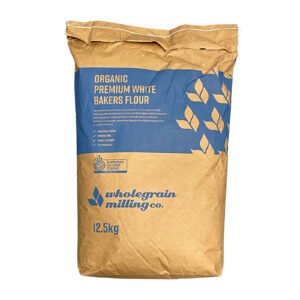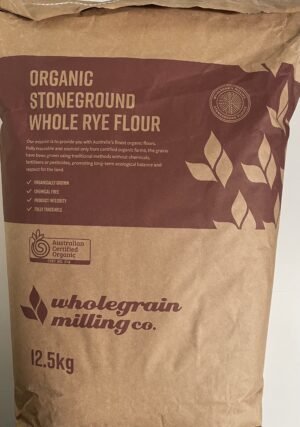Sourdough delights are more than just a delicious baking trend; they may also be a beacon of hope for those dealing with gluten intolerance.
Gluten intolerance, a condition where the body reacts negatively to gluten, can lead to various digestive and health issues. In this guide, we will explore how sourdough delights can be a suitable choice for those with this intolerance, thanks to their unique preparation and fermentation process.
Revive dried sourdough starter: Tips and Tricks to Bring Back Your Sourdough: Step-by-Step Guide.
Table of Content
Fermentation Reduces Gluten Content
The key to why sourdough delights can be more tolerable for those with gluten intolerance lies in its fermentation process.
Traditional sourdough undergoes a natural fermentation, where wild yeasts and bacteria work together to break down the proteins, including gluten, in the flour. This process, which can take several hours to days, reduces the gluten content significantly, making sourdough bread easier to digest for those with gluten sensitivity.
While it doesn’t make the bread completely gluten-free, it is often more manageable for individuals with non-celiac gluten sensitivity.
Enhanced Digestibility and Nutrient Absorption
Another reason why sourdough delights are suitable for those with gluten intolerance is the enhanced digestibility and nutrient absorption they offer.
The natural fermentation process in sourdough production not only breaks down gluten but also reduces phytic acid levels in the bread. Phytic acid can inhibit the absorption of essential minerals in the intestines.
The reduction of this acid in sourdough bread means that it’s not just easier to digest, but also allows for better absorption of nutrients like iron, zinc, and magnesium, which are crucial for overall health.
Tips for Enjoying Sourdough with Gluten Intolerance
For those interested in sourdough delights but concerned about gluten intolerance, there are ways to enjoy this type of bread more safely. First, opt for sourdough bread made from traditional, long fermentation processes, as this can ensure a greater reduction in gluten content.
Experiment with sourdough made from different types of grains, such as spelt or rye, which may be easier to tolerate. Always listen to your body and start with small amounts to see how you react before making sourdough a regular part of your diet.
Sourdough delights offer a hopeful option for those grappling with gluten intolerance. The unique fermentation process not only imparts a distinct flavor and texture but also makes the bread more digestible and possibly easier on the gut for those with gluten sensitivities.
Remember, if you have celiac disease or a severe gluten intolerance, it’s important to consult with a healthcare professional before introducing sourdough into your diet.
For others, sourdough delights can be a delicious and healthier alternative to traditional breads, allowing you to enjoy the pleasures of bread without the discomfort.






